Cutting-Edge Hacks: Does a Smart TV Need Wi-Fi to Unlock Its Full Power in 2025?
Introduction
Smart TVs have ceased to be a mere gadget and have become the main piece of home entertainment. They are not just places to stream Netflix content or watch YouTube videos by 2025, but they are also places to play games, socialize, work, and even integrate with smart home systems. However, the question that is rattling living rooms around the globe is: Does a smart television require Wi-Fi to give it its full potential in 2025?
It is a reasonable question, particularly in a world where connectivity is the core of almost all of the experiences we consume. Be it an ardent streamer, a light gamer, or a person who just enjoys trying out the latest gadgets, you have likely wondered this at one point or another. Does a smart TV need Wi-Fi as its non-negotiable fuel, or are there some advanced hacks that can allow you to avoid the necessity of being constantly connected to Wi-Fi?
This is the debate we are plunging into in this article. We are going to find out why 2025 is the year when everybody is all at once starting to ask this question, uncover the lesser-known secrets behind streaming, talk about more sophisticated options such as hotspots and HDMI cords, and deconstruct the idea of whether you actually require Wi-Fi to use the apps, play games, and other smart home features. And at last, we will put the smart TV to rest with the final verdict: Does a smart TV need Wi-Fi in 2025- or are we already in a wireless-free future?
Buckle up–the answers to them are not only surprising but also game-changing.
Why 2025 Has Everyone Asking: Does a Smart TV Need Wi-Fi More Than Ever?
No wonder 2025 has brought back the debate: Does a smart TV need Wi-Fi? In the last several years, the streaming behavior, entertainment standards, and technology itself have made a tremendous leap. Simply consider it: it was revolutionary to have Netflix installed on your television in 2015. Jump 2025, and individuals anticipate that their smart TV will be able to play cloud-based games, manage smart home lighting, host Zoom meetings, and even serve as a second workspace.
Why then are people posing this question in 2025 more urgently than ever before? Since connectivity has become the blood and the possible choke point of smart TVs. On the one hand, Wi-Fi is the assurance of unlimited access to content and services. On the flip side, people are afraid of being dependent on Wi-Fi, particularly in areas where the network is unreliable or in families whose bandwidth is already overstretched by numerous devices.
Let’s break it down.
Streaming is no longer a choice; it is the default.
All of your big entertainment brands, Disney+, HBO Max, and Amazon Prime Video, all presuppose that you will have high-speed Wi-Fi. However, what happens when the Wi-Fi fails? Does that imply that your intelligent television becomes useless immediately? This frightening prospect is beginning to wake consumers up, and they are seeking solutions.
The rise of cloud gaming.
Gaming platforms such as Xbox Cloud Gaming, GeForce NOW, and streaming services offered by PlayStation require super-reliable internet. It has left people wondering: Does a smart TV need Wi-Fi in order to play games, or do the workarounds ensure the experience remains smooth even without Wi-Fi?
The integration of smart homes is on fire.
By 2025, smart televisions will be used as the main dashboard of houses. Need to turn the lights off, shut the doors, or see who is at the doorbell camera? This is normally made possible by Wi-Fi. But does that imply that you are completely barred without it?
Information-sensitive audiences are rebelling.
Wi-Fi connections consume bandwidth as never before with streaming in 4K, 8K, and beyond. The question many people are posing is: why can they plug in using HDMI or use mobile data, but not use Wi-Fi as the gold standard?
It is this increasing cynicism that is causing so many to start reconsidering the question: Does a smart TV require wifi, or is it time to re-evaluate what smart really means? The fact is that, although Wi-Fi makes the TV experience more thrilling, there are already unexpected hacks that make you less reliant on it than you might imagine.
The Hidden Truth: Does a Smart TV Need Wi-Fi for Streaming or Are There Better Hacks?
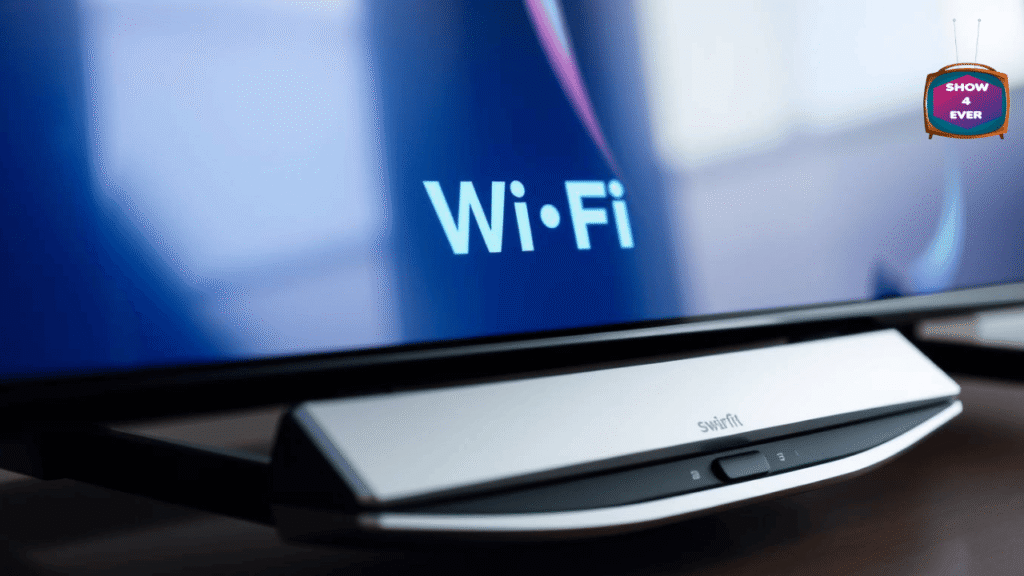
The first thing that comes to the minds of the majority of the population when they mention smart TVs is streaming platforms. That is why the initial thought is to answer: yes, of course, a smart TV must have Wi-Fi. Services such as Netflix, Hulu, and YouTube, after all, are built on the principle of unceasing connectivity. However, the secret is more subtle–there are more sophisticated hacks than simple use of Wi-Fi, at least in 2025.
To begin with, it is important to admit that Wi-Fi simplifies streaming. You turn on the television, open your accounts, and in a few seconds, you are viewing programs in high quality. However, here is where the hacks are involved:
Offline downloads.
Numerous streaming applications can now be used to download episodes or movies to other storage devices. As an illustration, you may download movies on Netflix or Amazon Prime on your tablet or phone and then use the device to connect to your smart TV through HDMI or screen mirroring. All of a sudden, you do not need Wi-Fi on your TV to have your favorite binge time.
Ethernet connections.
This may appear outdated, but there is an option of plugging your TV directly into your router using an Ethernet cable, which would entirely avoid Wi-Fi. It is technically still the internet, but not wireless internet. This is a game-changer for homes that have weak Wi-Fi but have a stable wired internet.
Projecting and screen reflection.
Have you heard of the fact that your smartphone could be used as a bridge? Mobile data allows you to download the content on your phone and cast it to your smart TV. This trick is particularly effective with individuals who do not wish to have their entertainment bound to Wi-Fi.
Set-top boxes and dongles.
Storage or other forms of connectivity are frequently available on devices such as Roku, Amazon Fire TV Stick, and Apple TV. Actually, most of them have the preload content options. This forms a hybrid system in which your smart TV appears online, but is not connected to Wi-Fi at all times.
Therefore, should a smart TV have Wi-Fi streaming? The secret secret is that Wi-Fi is not the only way, but one way. By 2025, individuals will be getting smarter at mixing techniques such as integrating mobile hotspots, offline storage, and casting so that they do not feel confined to a single form of connection.
The enthusiasm is obvious here: we are finally getting out of the myth that Wi-Fi is the only ticket to streaming heaven.
From Hotspots to HDMI: Does a Smart TV Need Wi-Fi to Keep Up With Cutting-Edge Tech?
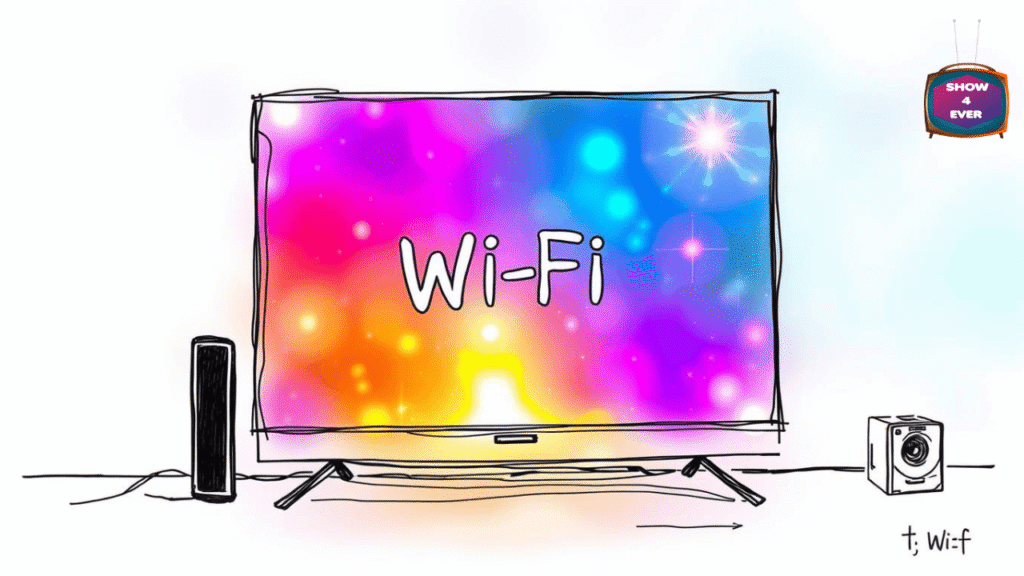
Now, we can change the gear and discuss the state-of-the-art connectivity in 2025. In addition to streaming, smart TVs are currently supposed to accommodate gaming, productivity, and advanced entertainment systems. So, here we come back to the point: Does a smart TV need Wi-Fi to stay with this new-fangled technology? The solution is rather adaptable–with the help of such options as hotspots, Bluetooth, and HDMI.
Here’s how.
Mobile hotspots.
Mobile hotspots are burning with 5G (and even 6G), taking over in 2025. You can also use your phone to share its data connection with your smart TV, and you do not even need the traditional Wi-Fi. A significant number of homes are now using mobile networks to stream TV only due to the fact that the speeds are comparable or even higher than those of home broadband.
HDMI connections.
HDMI will be your friend in case you do not want to use the internet at all. With a laptop, gaming console, or even a phone with an HDMI adapter, you can project what is on your device to your smart TV. This is an outdated yet very practical way of making sure that your smart TV does not require Wi-Fi to remain relevant.
USB disks and external memory.
Another hack that is not given much attention is the use of external drives. You can download high-definition content on a USB stick, plug it into your TV, and, in a few seconds, you are watching 8K movies without using Wi-Fi.
Bluetooth and local casting.
The latest TVs are also compatible with Bluetooth casting, allowing close devices to transmit audio or video without the use of Wi-Fi. It is ideal for sharing videos quickly, presentations, or even streaming casually.
The thing is that the term smart TV has developed. It does not refer to Wi-Fi-dependent TV anymore. Rather, it is a matter of flexibility and being able to connect in many different ways. It is through the use of hotspots, HDMI, and storage hacks that consumers in 2025 are finding themselves asking themselves, Do I need Wi-Fi in my smart TV? Anymore. A more appropriate question is: Which is the most appropriate method of connectivity to my lifestyle?
Unlocking Entertainment: Does a Smart Television Require Wi-Fi to Use Gaming, Applications, and More?
In 2025, entertainment is not about streaming anymore. Smart televisions are full of gaming systems, interactive applications, productivity, and even augmented reality functions. This brings us back to the question: Does a smart TV need Wi-Fi so that it can use all this additional power?
In the case of cloud gaming, the answer appears to be yes. However, upon closer inspection, you will discover how to hack the system:
Local console gaming.
PlayStation 5, Xbox Series X, or Nintendo Switch do not need Wi-Fi to be plugged in. HDMI continues to dominate the gaming industry, and with physical game discs or downloaded games, you can play world-class gaming without Wi-Fi.
Offline apps.
Amazingly, not all smart TV applications require Wi-Fi at all times. It is possible to use music players, photo galleries, offline workout apps, and even productivity tools such as calendar planners without being connected to the internet at all times.
Hotspots of cloud services.
Yes, the cloud gaming platform, such as Xbox Game Pass or Nvidia GeForce NOW, does require an internet connection, but not necessarily a Wi-Fi connection. Cloud gaming can be made smooth by a fast 5G hotspot, and it is even more reliable than home Wi-Fi in certain situations.
Smart home functions.
Need to have control over the lights or the thermostat with your smart TV? Most of these integrations currently employ Bluetooth mesh or Zigbee as opposed to solely depending on Wi-Fi. It is possible to use your TV as a home hub even without Wi-Fi.
Therefore, does a smart TV need Wi-Fi to unlock apps and games? The fact is that Wi-Fi broadens the opportunities, yet, with clever hacks, you can still have most of your entertainment without it. It will be a question of hybrid flexibility in 2025.
The Ultimate Conclusion in the year 2025: Does a Smart Television require Wi-Fi or is the Future Wireless-Free?
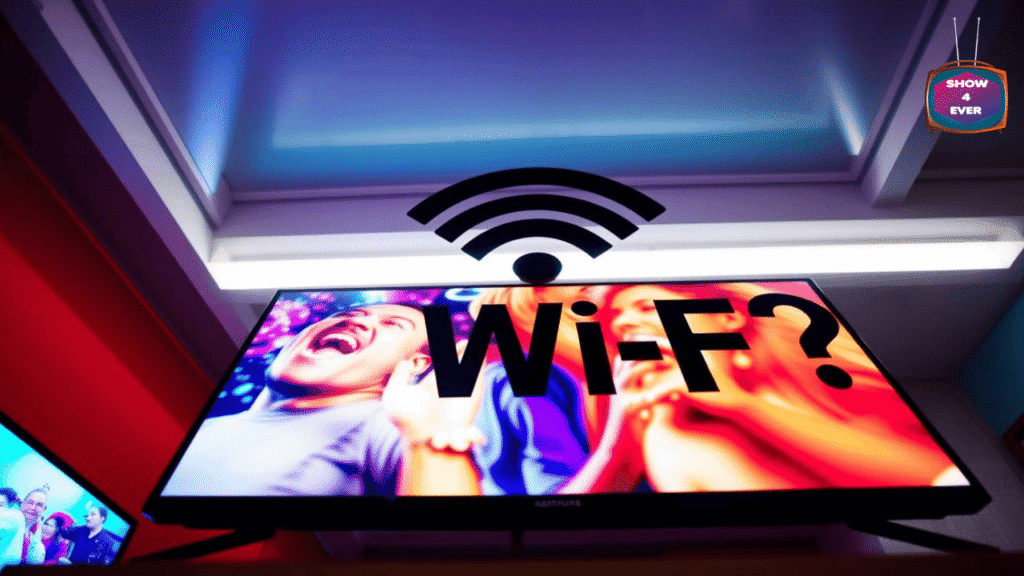
Having considered every one of these angles, it is time to provide the final answer: Does a smart TV need Wi-Fi in 2025? The verdict is both yes and no.
Yes, when you desire the most convenient thing to do. Wi-Fi is still the quickest and most convenient to use in streaming platforms, cloud gaming, and smart home functionalities. It is literally embedded in the DNA of the smart TVs of the present day.
No, when you are willing to crack the system. It has Ethernet, mobile hotspots, HDMI, USB storage, and Bluetooth, so it is not impossible to experience the full power of a smart TV without Wi-Fi.
The future, in reality, might be moving towards non-dependence on Wi-Fi. As mobile networks become more intelligent, such as 5G/6G, smarter offline apps and device-to-device connections, the concept of Wi-Fi being the one gatekeeper is becoming a fast becoming a thing of the past. The smarter TVs of the future are not those that are tied down to Wi-Fi; they are the ones that provide choices.
Therefore, the question that is posed in 2025 is, Does a smart TV need Wi-Fi? The answer to this question is best answered as: Not anymore, just needs you to be aware of the hacks.
Conclusion
The smart TVs have matured, and the year 2025 is turning out to be a year to reckon with in terms of the way we consider connectivity. Although Wi-Fi is still a giant, it is no longer the sole means of unlocking all the capabilities of your smart TV. Whether it is an offline download or HDMI, a mobile hotspot or Bluetooth, the world is awash with ingenious hacks that will place you, not your Wi-Fi router, in control.
The reality is thrilling: the era of being connected to Wi-Fi is coming to an end. The most intelligent houses of 2025 are those that are open to flexibility, diversity, and innovative options. Thus, the next time you hear the question, Does a smart TV need Wi-Fi? You will be able to respond with a resounding, yes, not when you know the secrets.
Table of Contents
Share this content:
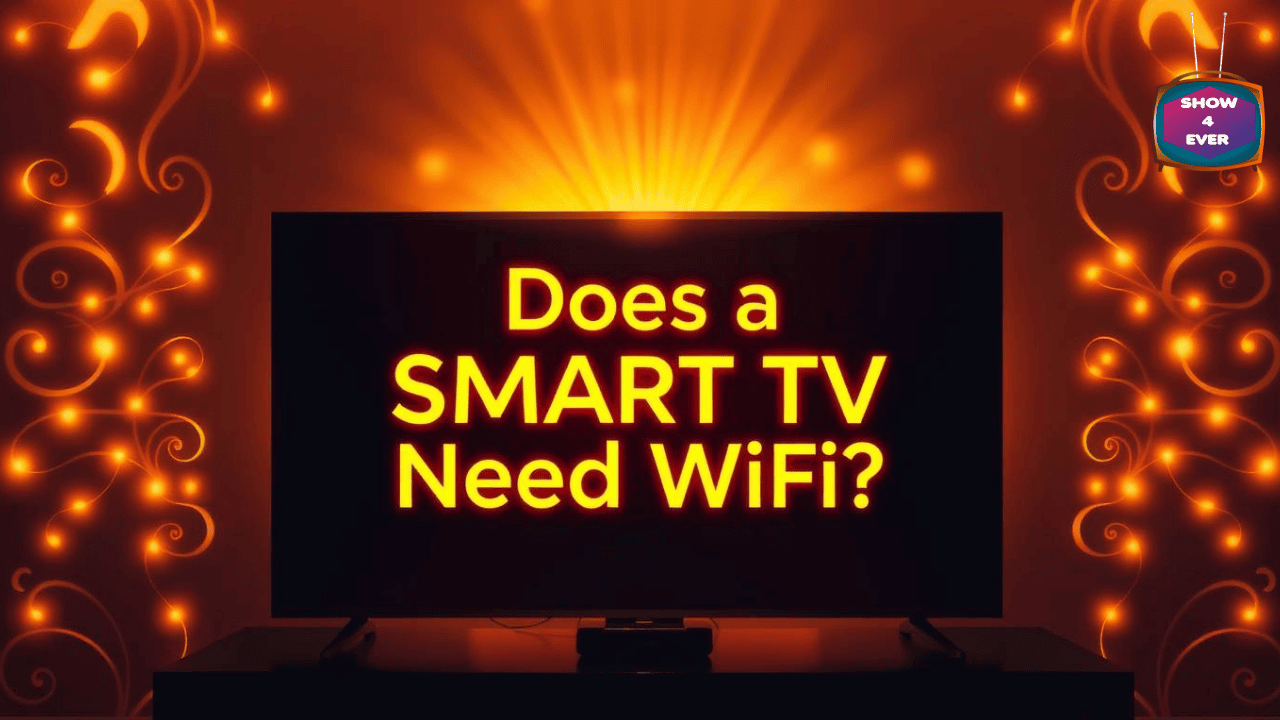

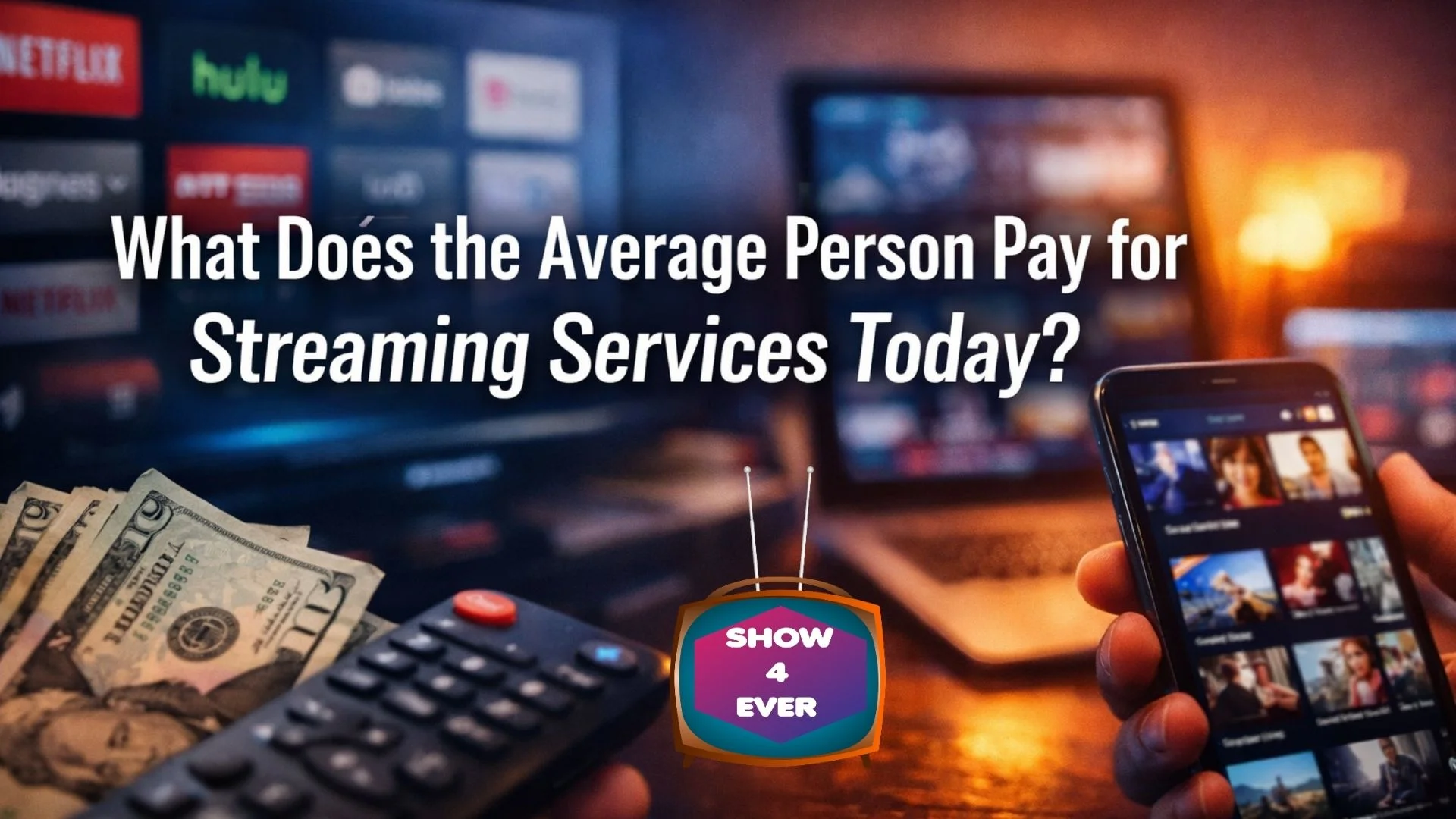
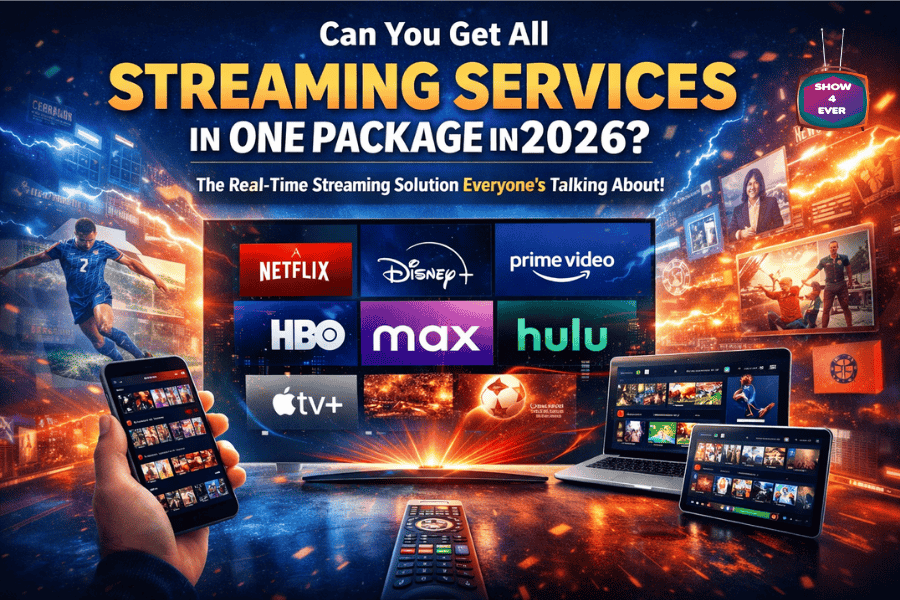





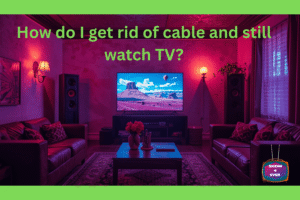



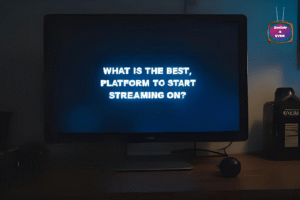
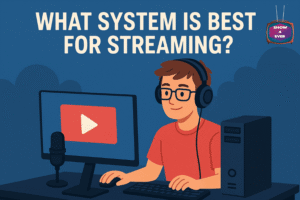


Post Comment